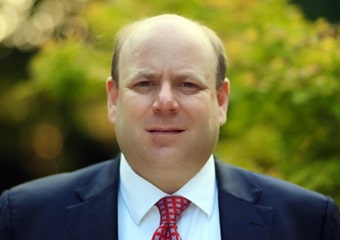On June 25, 2014, the Supreme Court of the United States decided Riley v. California, holding that a search warrant is required before the police can search digital information on a cell phone that was seized pursuant to an arrest.
Chief Justice Roberts, writing the majority opinion, pointed out the obvious: cell phones “are such a pervasive and insistent part of daily life.” Because the data on the phone does not pose a danger, “officer safety does not justify dispensing with the warrant requirement.” Plus, “once law enforcement officers have secured a cell phone, there is no longer any risk that the arrestee himself will be able to delete incriminating data from the phone. The “immense storage capacity” of cell phones means “these devices are in fact minicomputers that also happen to have the capacity to be used as a telephone.” And, a lot of the data assessable through the phone is actually stored on the internet cloud.
The Court concluded:
Modern cell phones are not just another technological convenience. With all they contain and all they may reveal, they hold for many Americans “the privacies of life.” The fact that technology now allows an individual to carry such information in his hand does not make the information any less worthy of the protection for which the Founders fought. (internal citation omitted).
The South Carolina Constitution contains a right to privacy that is broader then the protections of the Fourth Amendment. “[T]he drafters of our state constitution’s right to privacy provision were principally concerned with the emergence of new electronic technologies that increased the government’s ability to conduct searches.” State v. Forrester, 343 S.C. 637, 647, 541 S.E.2d 837, 842 (2001). In today’s world, the technology of both citizens and the government present privacy considerations.
Please click this link to read the Supreme Court’s decision in Riley v. California.



